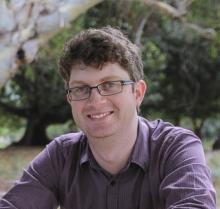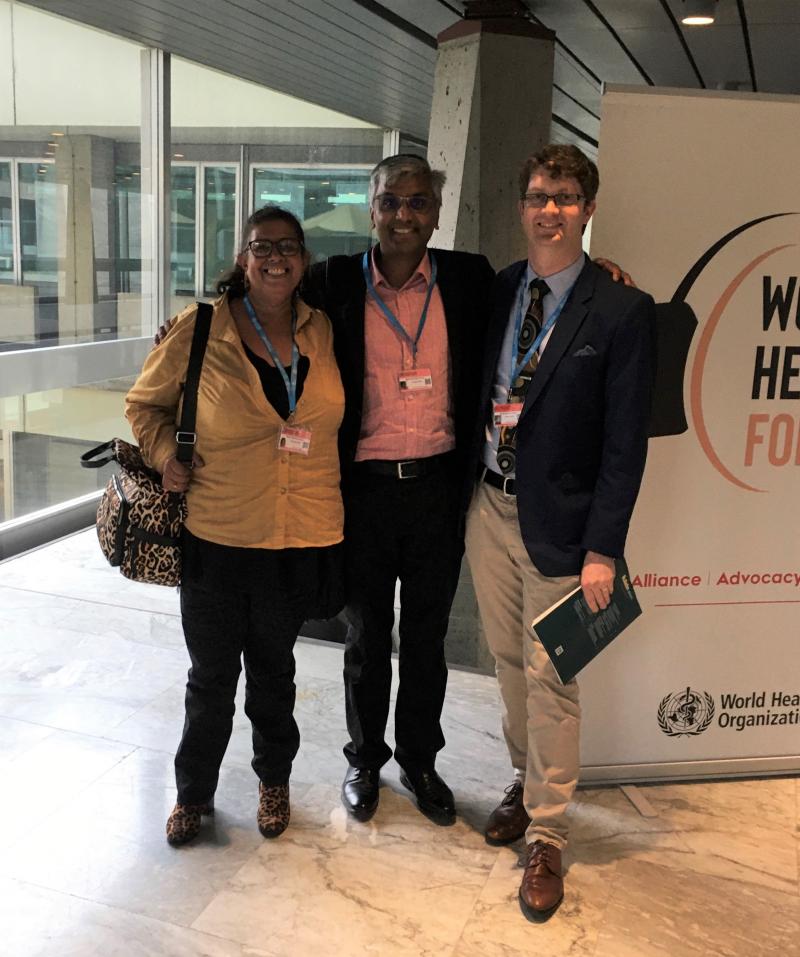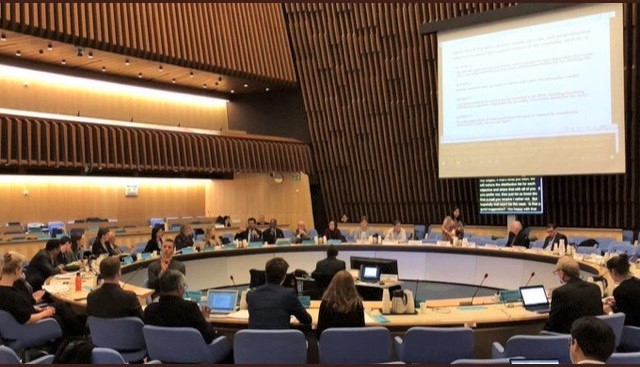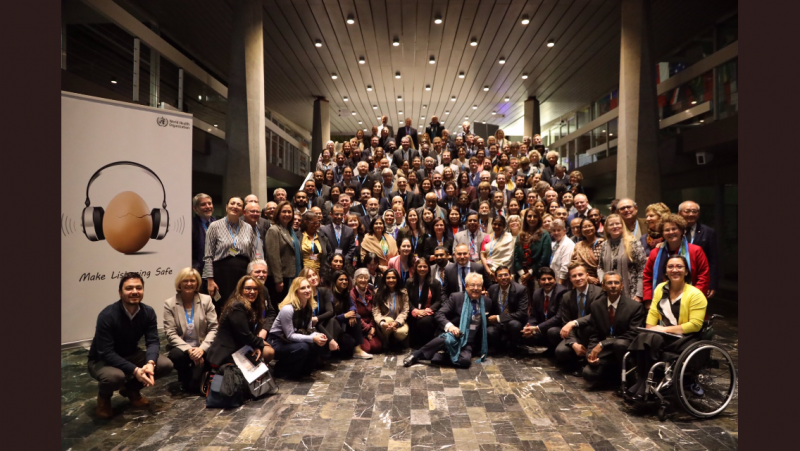
Chris Brennan-Jones gives an overview of how working on a suite of Cochrane reviews on chronic suppurative otitis media has led to a deeper partnership with WHO on a range of initiatives that focus on the prevention of deafness and hearing loss.
Could you give a quick introduction to yourself and your work within Cochrane?
"I am the Head of the Ear Health research team within the Wesfarmers Centre of Vaccines and Infectious Diseases at the Telethon Kids Institute in Perth, Western Australia, as well as a paediatric audiologist at Perth Children’s Hospital. In 2015 I did a short sabbatical with Professors Martin Burton and Anne Schilder at the Cochrane ENT group in Oxford, UK. This ended up leading to the development of a suite of seven Cochrane reviews examining interventions for chronic suppurative otitis media (CSOM, otherwise known as chronic discharging ears). We are now beginning to publish these reviews. I also co-ordinate a regular “Cochrane Corner” for the International Journal of Audiology.
How are you working with WHO?
I am a member of WHO’s World Hearing Forum and am involved in the working group for the World Report on Hearing (due to be released in May 2020). The World Report on Hearing has been developed in response to the 2017 World Health Assembly resolution on the prevention of deafness and hearing loss (WHA70.13). This resolution called for WHO to prepare a report on the state of hearing health globally, based on the best-available scientific evidence. CSOM is one of the leading preventable causes of hearing loss and, as we were in the process of conducting reviews of the effectiveness of available treatments globally, there was potential for the findings of these to shape the report, and any new treatment strategies that may developed in response to it.
How are Cochrane Reviews informing this work?
The suite of Cochrane reviews we have been working on initially started with an extensive scoping, consultation and prioritisation process. As part of this process we got in contact with Dr Shelly Chadha from the WHO Prevention of Deafness programme. Dr Chadha and the WHO team actively contributed to the scoping and prioritisation for our reviews. They provided a valuable global perspective, and encouraged greater engagement in their activities to ensure the knowledge gained from our reviews will be translated effectively. This led to our involvement in the WHO’s World Hearing Forum and contribution to the World Report of Hearing working group. Cochrane reviews in general – but particularly a suite of related reviews – can be an excellent tool for informing evidence-based strategies such as this.

You recently attended the World Hearing Forum, hosted by WHO. Could you tell us about this meeting?
The WHO World Hearing Forum had its inaugural meeting of over 130 stakeholders from around the world in December 2019 to provide a unified approach to the prevention and effective treatment of deafness and hearing loss. In addition to the World Hearing Report, there was also a focus on promoting the Make Listening Safe global public health initiative; World Hearing Day (which occurs on 3 March every year); and other initiatives to promote effective resource utilisation for treatment and preventative care of ear disease and hearing loss, particularly in resource-limited settings throughout the world.

What advice would you give to members of the Cochrane community interested in getting involved in WHO work?
Get in touch! If you are working on a topic that you think aligns to the strategic objectives of a WHO department initiative, tell them about it. As a first step, you can contact Emma Thompson, Cochrane's Advocacy and Partnership Officer: ethompson@cochrane.org.
CSOM reviews published to date:
- Topical antibiotics for chronic suppurative otitis media
- Topical antiseptics for chronic suppurative otitis media
- Antibiotics versus topical antiseptics for chronic suppurative otitis media


